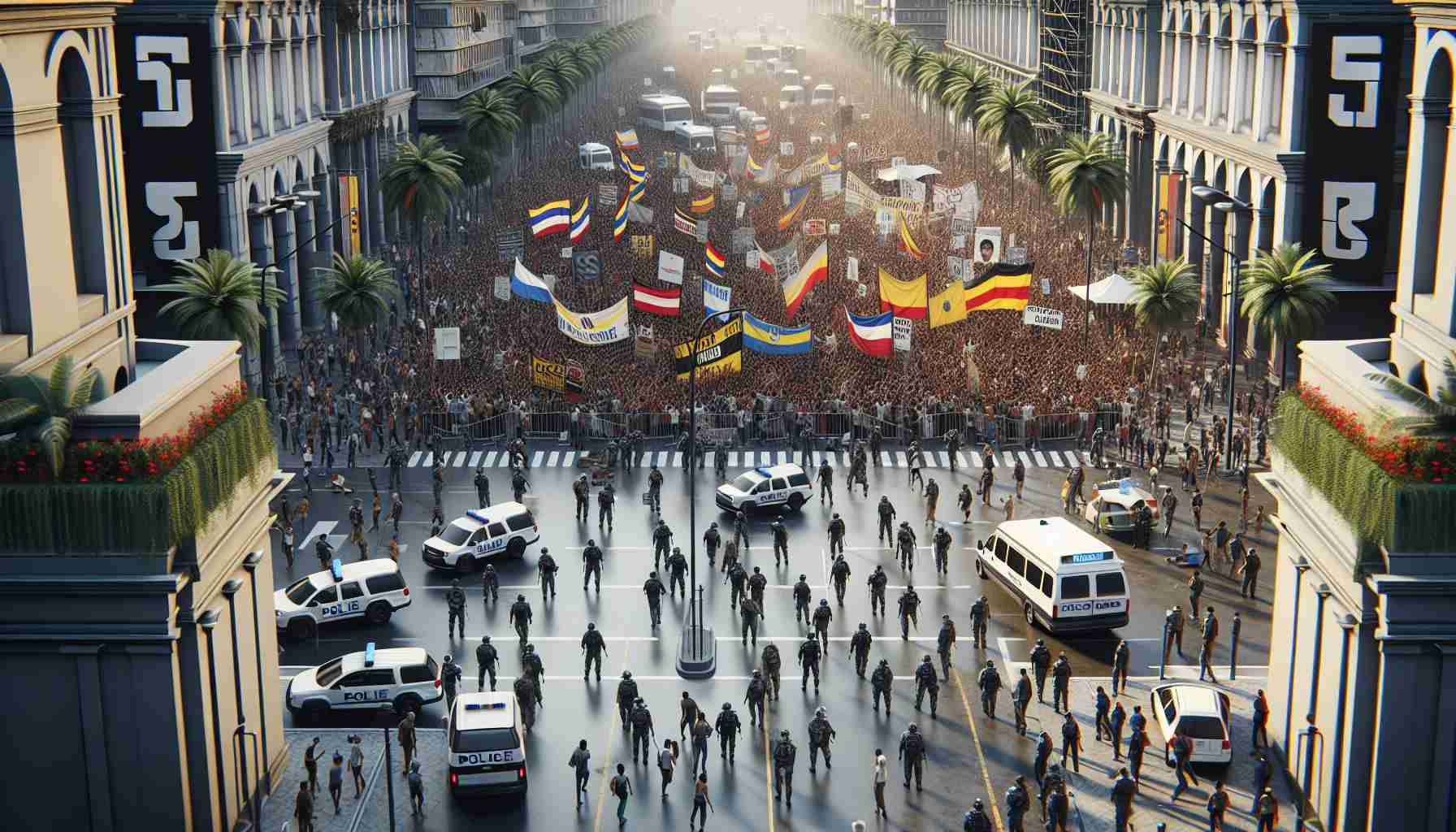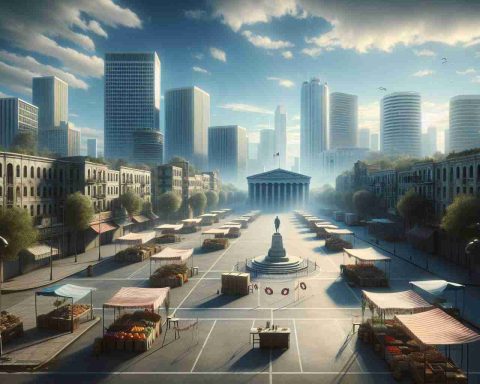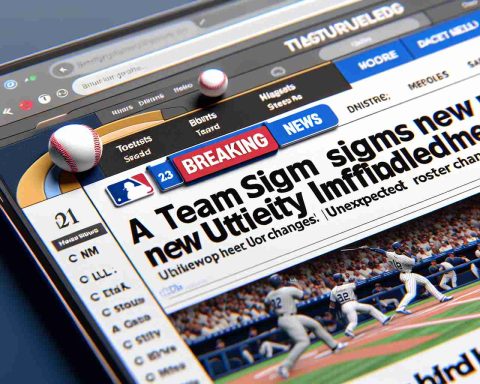Independent human rights experts from the United Nations have released a report indicating that the Venezuelan government has intensified its use of violent repression. This escalation follows the disputed presidential elections held on July 28, 2024, which have been widely criticized for their lack of transparency and fairness, aimed at ensuring Nicolás Maduro’s continued presidency.
In their findings, the UN-backed investigative mission outlines severe human rights violations including arbitrary detentions, torture, and gender-based violence. The report, covering the year leading up to August 31, emphasizes that the government’s actions during this period reflect a systematic and deliberate strategy to suppress dissent.
Experts noted a significant surge in arrests immediately after the elections, with authorities admitting to detaining over 2,200 individuals, including a notable number of minors. Some detainees faced serious charges, indicating a concerning pattern of increased oppression. The report describes the government’s strategies as part of a broader plan to silence political opposition.
In contrast, the National Electoral Council, aligned with Maduro, proclaimed his victory by a margin of 52%. Opposition supporters, however, gathered evidence suggesting that their candidate, Edmundo González, had outperformed Maduro.
As protests erupted nationwide in response to the elections, the government responded harshly, resulting in numerous arrests and a campaign encouraging citizens to report dissenters. The report underscores a climate of fear and repression unprecedented since 2019, indicating a grim escalation in Venezuela’s political landscape.
Escalation of Repression in Venezuela Following Controversial Elections: A Deep Dive
The political landscape in Venezuela has entered a perilous phase following the controversial presidential elections held on July 28, 2024. The elections have prompted a wave of international criticism and highlighted a disturbing trend of state-sanctioned repression and violence aimed at quelling dissent and consolidating power under President Nicolás Maduro.
What Are the Key Challenges Facing Venezuela After the Elections?
The Venezuelan government faces multiple challenges in the wake of the disputed elections. Key among them is the erosion of public trust in electoral processes, which questions the legitimacy of Maduro’s presidency. Moreover, the dire economic conditions—marked by hyperinflation, widespread poverty, and shortages of basic goods—compound the political unrest. Citizens are increasingly disillusioned, leading to a rise in civil disobedience and protests, which the government brutally suppresses.
What Are the Controversies Surrounding the Elections?
The election process itself was marred by numerous controversies including:
1. Lack of International Observers: Major international organizations, such as the Organization of American States (OAS), were barred from observing the elections, raising concerns about the transparency and integrity of the electoral process.
2. Media Censorship: State control over media outlets has intensified, stifling independent journalism and limiting the public’s access to unbiased information regarding the political climate.
3. Voter Intimidation: Reports of intimidation and coercion of voters on election day were widely documented, undermining the democratic nature of the election.
What Human Rights Violations are Occurring?
The United Nations report highlights numerous human rights violations, including:
– Extrajudicial Killings: There have been alarming reports of killings among dissidents and opposition members, often framed as security operations.
– Political Prisoners: Estimates suggest that dozens remain imprisoned on charges widely regarded as politically motivated, adding to the almost systemic nature of political repression.
– Fear Tactics: The government’s campaign to encourage citizens to report perceived dissent not only fosters a culture of fear but also disrupts community cohesion.
What Are the Advantages and Disadvantages of International Response?
Advantages:
– Increased Awareness: International condemnation and reports can bring global attention to the plight of Venezuelans, potentially spurring humanitarian aid and support.
– Sanctions: Targeted sanctions against officials and entities involved in human rights abuses may pressure the regime to change its oppressive tactics.
Disadvantages:
– Escalation of Hostilities: Sanctions and condemnations can lead the Venezuelan government to double down on repression, decreasing cooperation and dialogue with international entities.
– Economic Strain on Citizens: Broader sanctions might inadvertently harm the general populace rather than the government officials, exacerbating already dire living conditions.
What Lies Ahead for Venezuela?
As Venezuela grapples with an increasingly repressive regime, the international community plays a pivotal role in advocating for human rights and democratic principles. The road ahead is fraught with challenges, but persistent international and domestic advocacy for reform and accountability may eventually lead to significant change.
For further reading on the situation in Venezuela, visit Human Rights Watch and Amnesty International.












